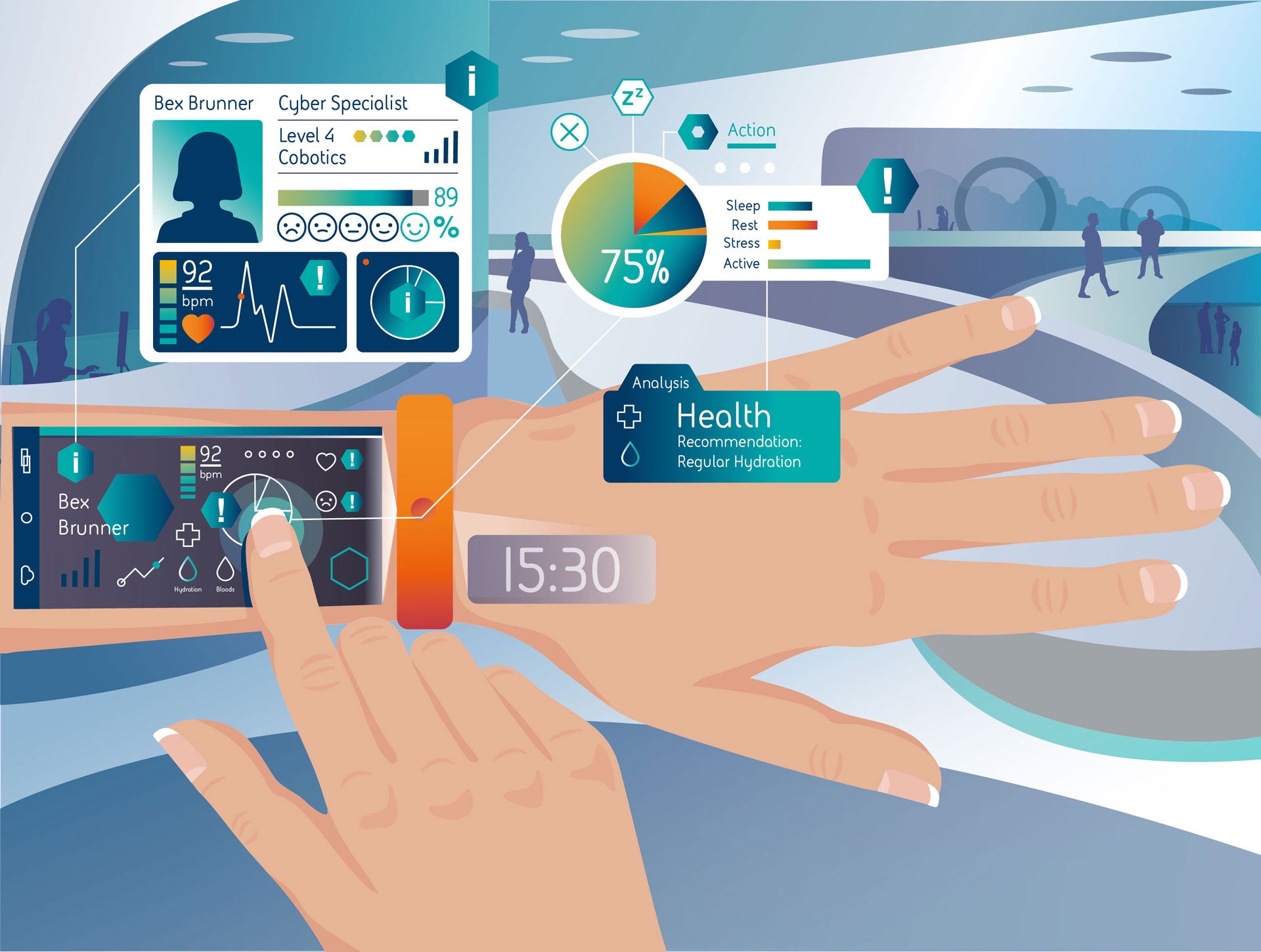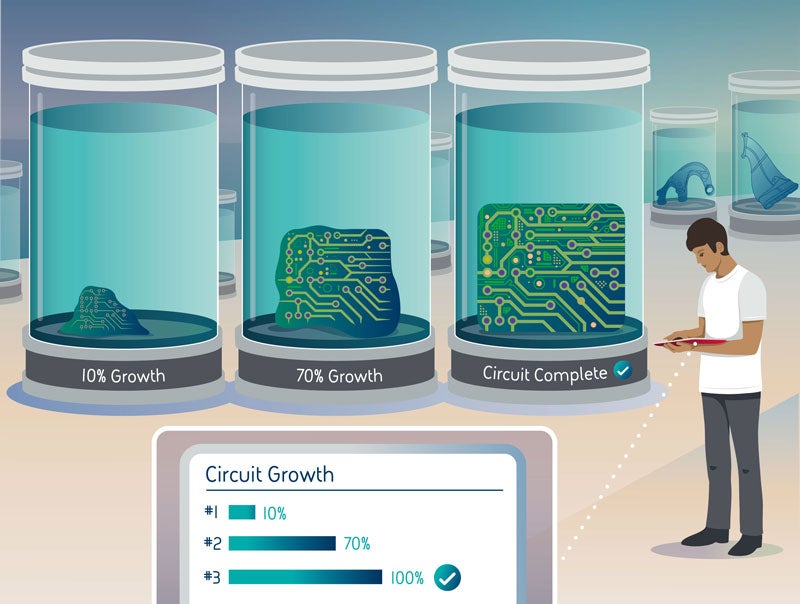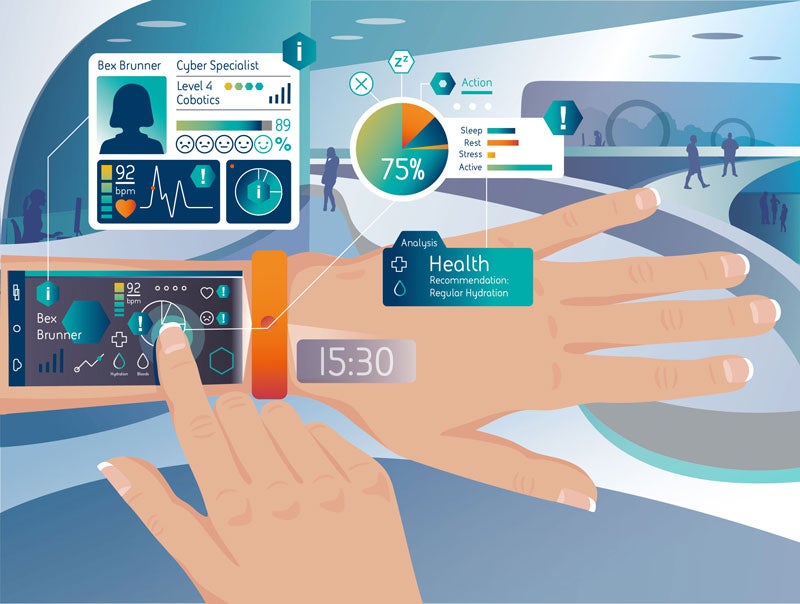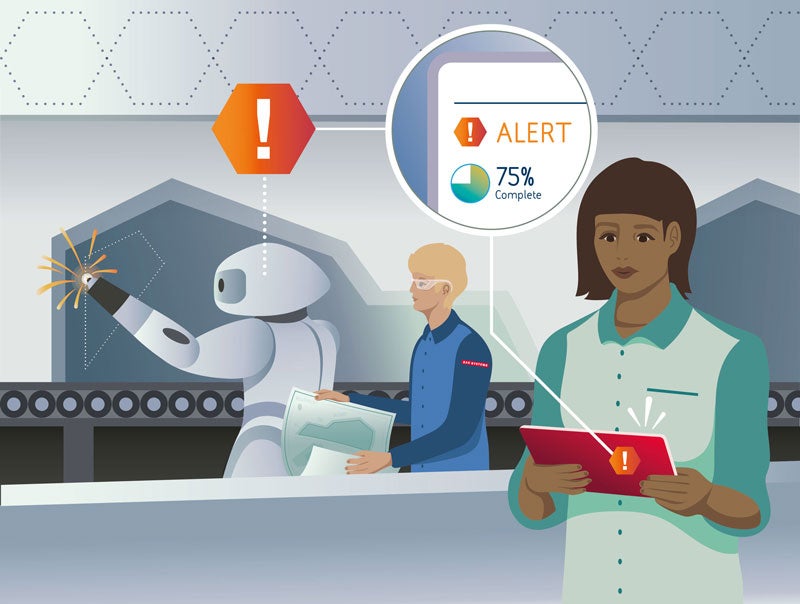
It is widely known that many of the jobs of the future don’t yet exist.
Emerging technologies such as artificial intelligence, blockchain and robotics are transforming many industries, seeing some roles eliminated while others will emerge.
According to BAE Systems, 47% of young people aged 16 to 24 now expect to work in industries that are currently non-existent.
For many of us, future-proofing our long-term careers will involve significant retraining and skills acquisition. This is something younger people are acutely aware of, with BAE finding that 68% want to ensure that their careers are protected from the changing impact of technology.
But knowing how things will change is something of a challenge, with many organisations offering their own perspectives on what the jobs of the future will be.
BAE Systems has become the latest company to offer such insights, so we take a look at the careers the organisation expects to emerge by 2040.
How well do you really know your competitors?
Access the most comprehensive Company Profiles on the market, powered by GlobalData. Save hours of research. Gain competitive edge.

Thank you!
Your download email will arrive shortly
Not ready to buy yet? Download a free sample
We are confident about the unique quality of our Company Profiles. However, we want you to make the most beneficial decision for your business, so we offer a free sample that you can download by submitting the below form
By GlobalDataJobs of the future: Systems farmer

A role that will draw upon engineering, biology and, indeed, farming, systems farmer is a job that BAE expects to emerge as a result of what is known as chemputing.
Advances in synthetic biology and chemical engineering suggest that we will soon be able to ‘grow’ parts such as electronics or aircraft components from chemical forms, at a level of detail down to the nanoscale.
The resulting parts will offer significant material benefits over their current equivalents, able to sense, process, harvest energy and potentially even be able to self-repair.
A systems farmer will be responsible for the growth and development of such parts, overseeing the process, and fine-tuning to ensure the best possible results.
Jobs of the future: Human e-sources manager

An evolution of the current human resources role, human e-sources managers will emerge, according to BAE, as a result of advances in wearable technologies and e-textiles.
While such tech is currently relatively rudimentary, future iterations will be low-cost and able to provide vast amounts of real-time data on everything from key health metrics to levels of stress.
The company anticipates that organisations will embrace these technologies for their employees, seeing them embedded into uniforms or worn as part of general workwear. And with all this data coming in, companies will need someone to manage and respond to it.
Human e-sources managers, therefore, will use this data to keep on top of employee health and wellbeing, identifying emerging illnesses, workload surges and other issues and taking action before they turn into significant long-term problems.
Jobs of the future: AI translator

Artificial intelligence is seeing dramatic adoption in businesses, with many agreeing that it will augment many roles rather than replace them. This is fuelling the rise of ‘cobotics’, where humans and AI work together to achieve tasks.
However, this may not always be a smooth process, particularly when human employees first take on a new AI collaborator.
According to BAE, AI translators will be responsible for making sure this process goes smoothly, by supplying training to both human and AI.
In particular this role will require workers to tune AI assistants to their humans, personalising them to ensure maximum effectiveness, while checking for and correcting potential issues.




